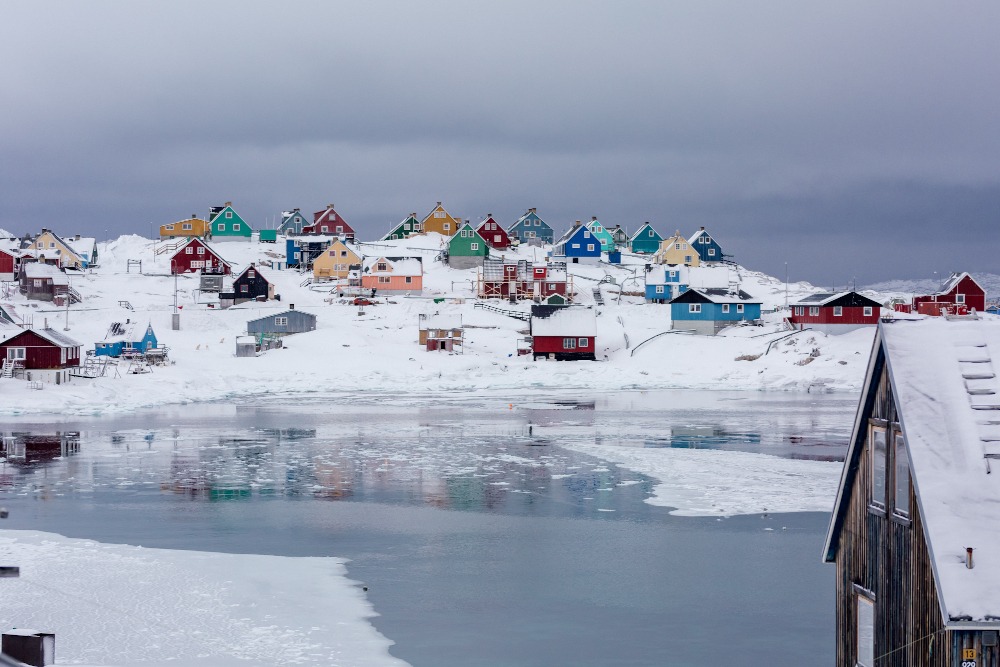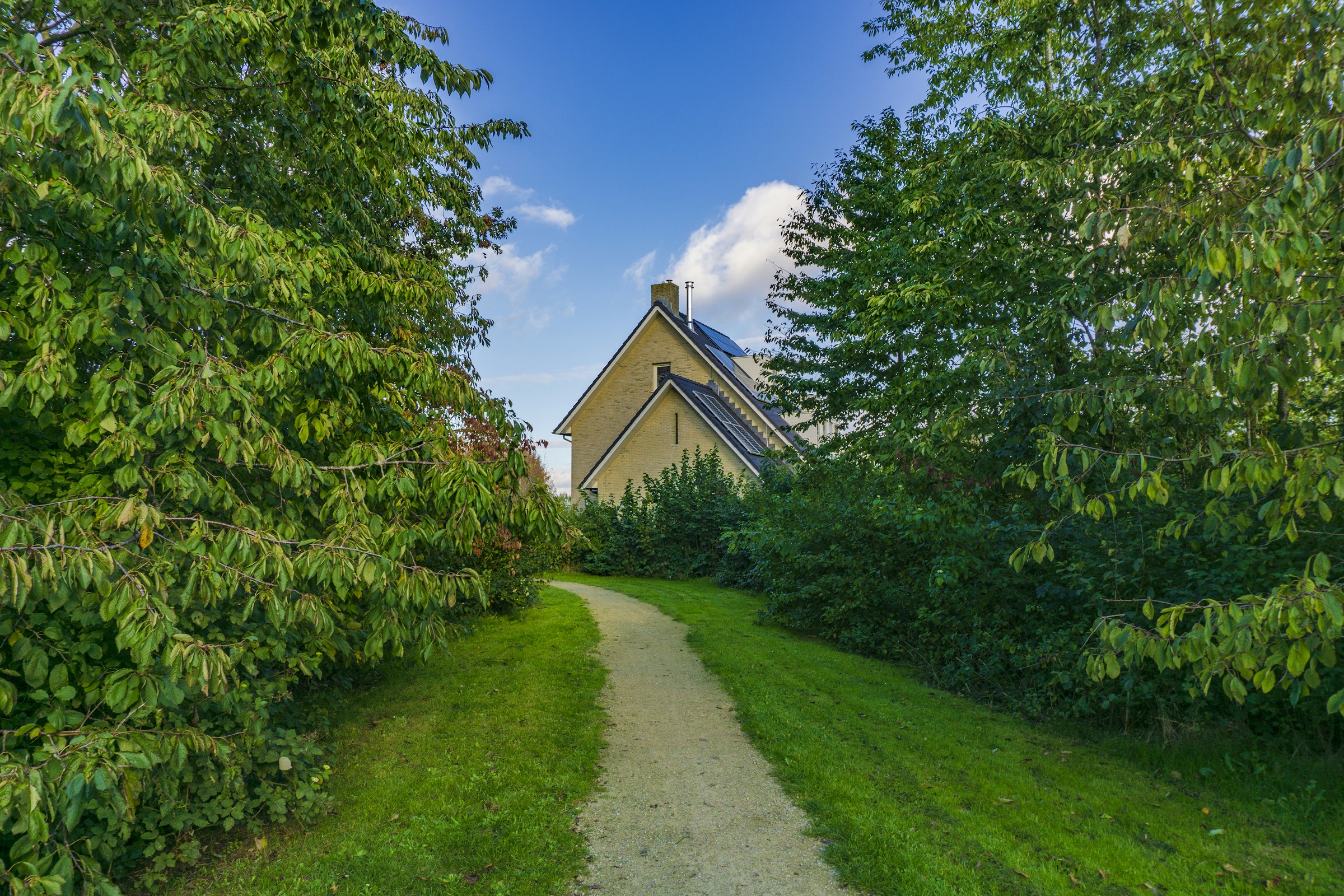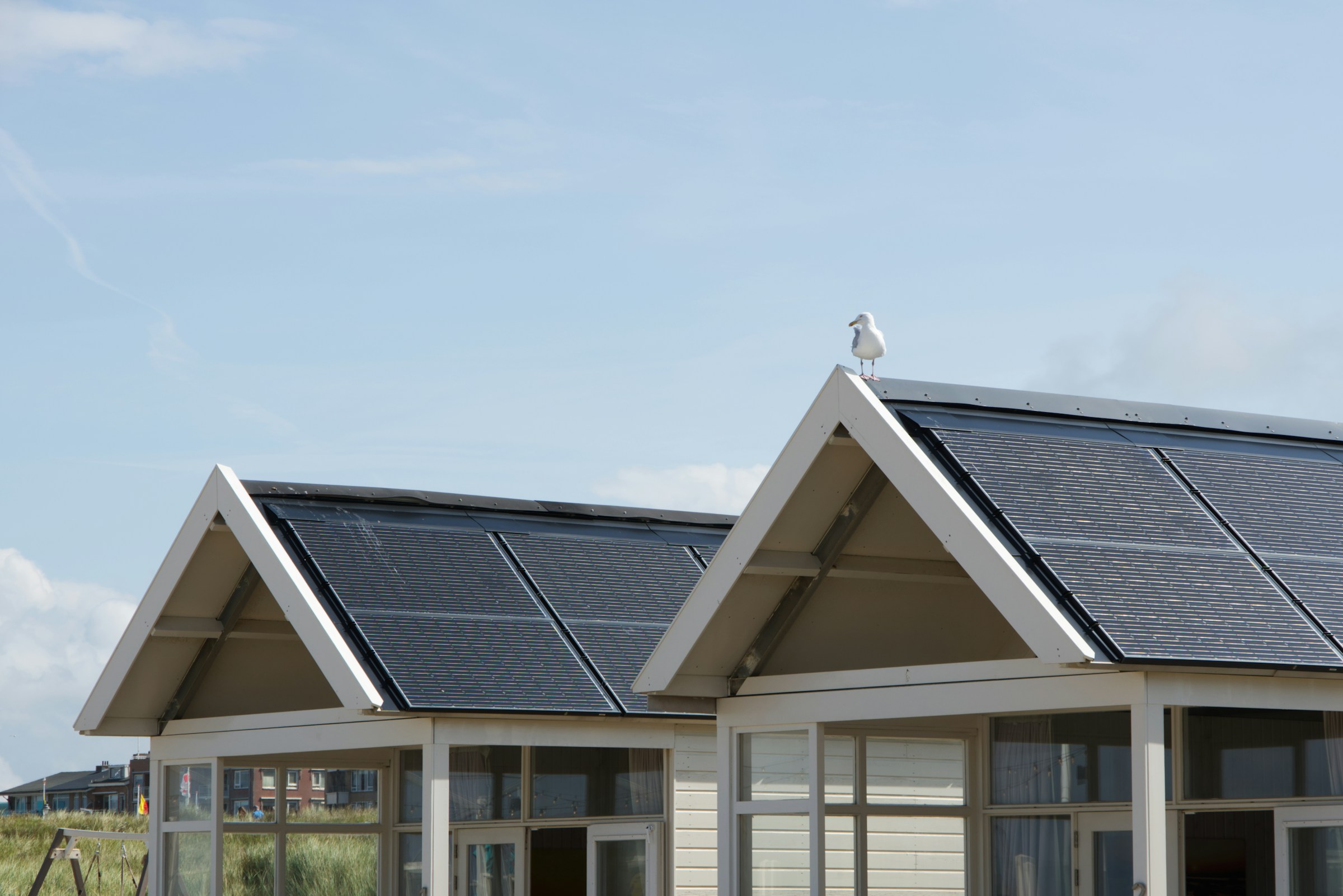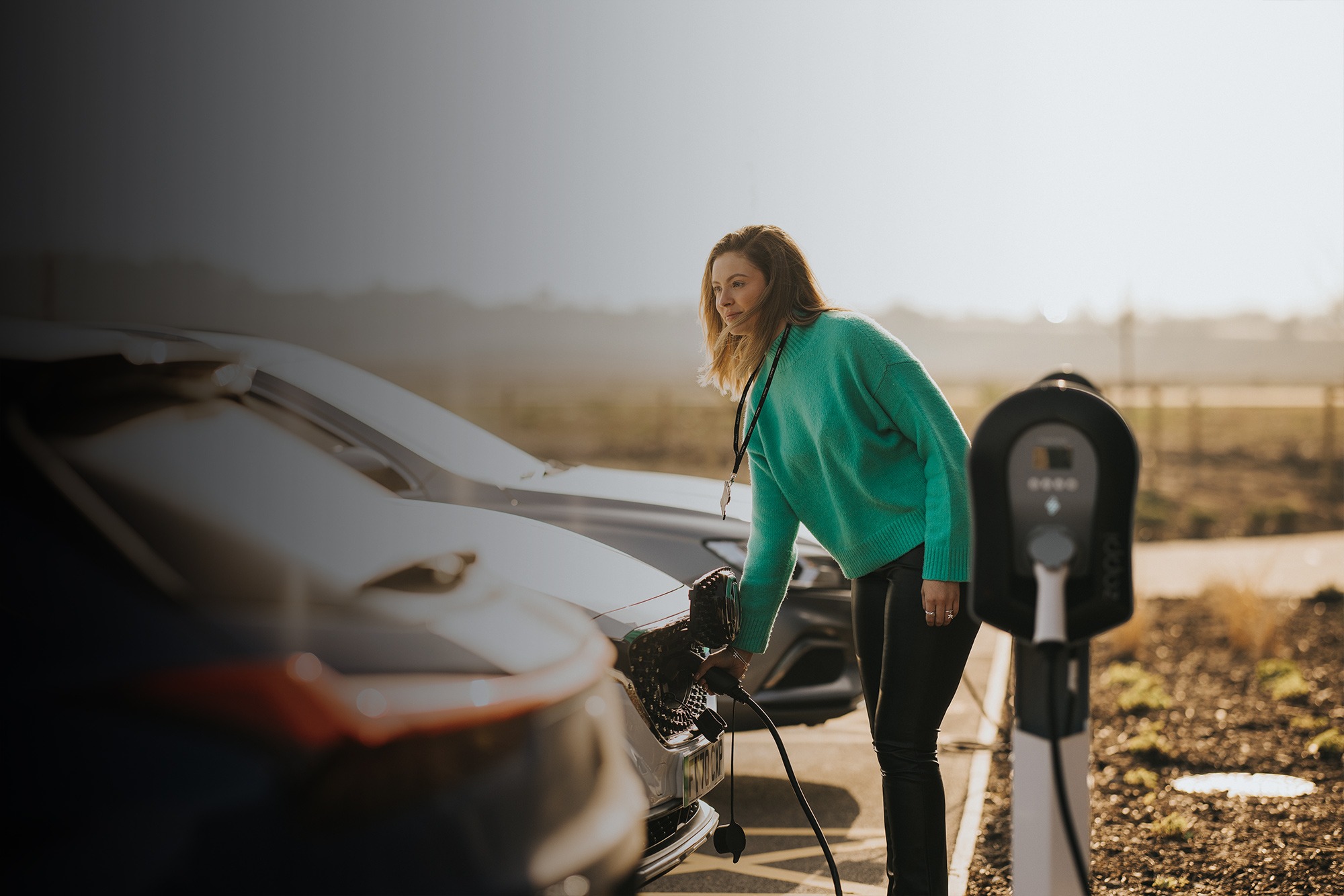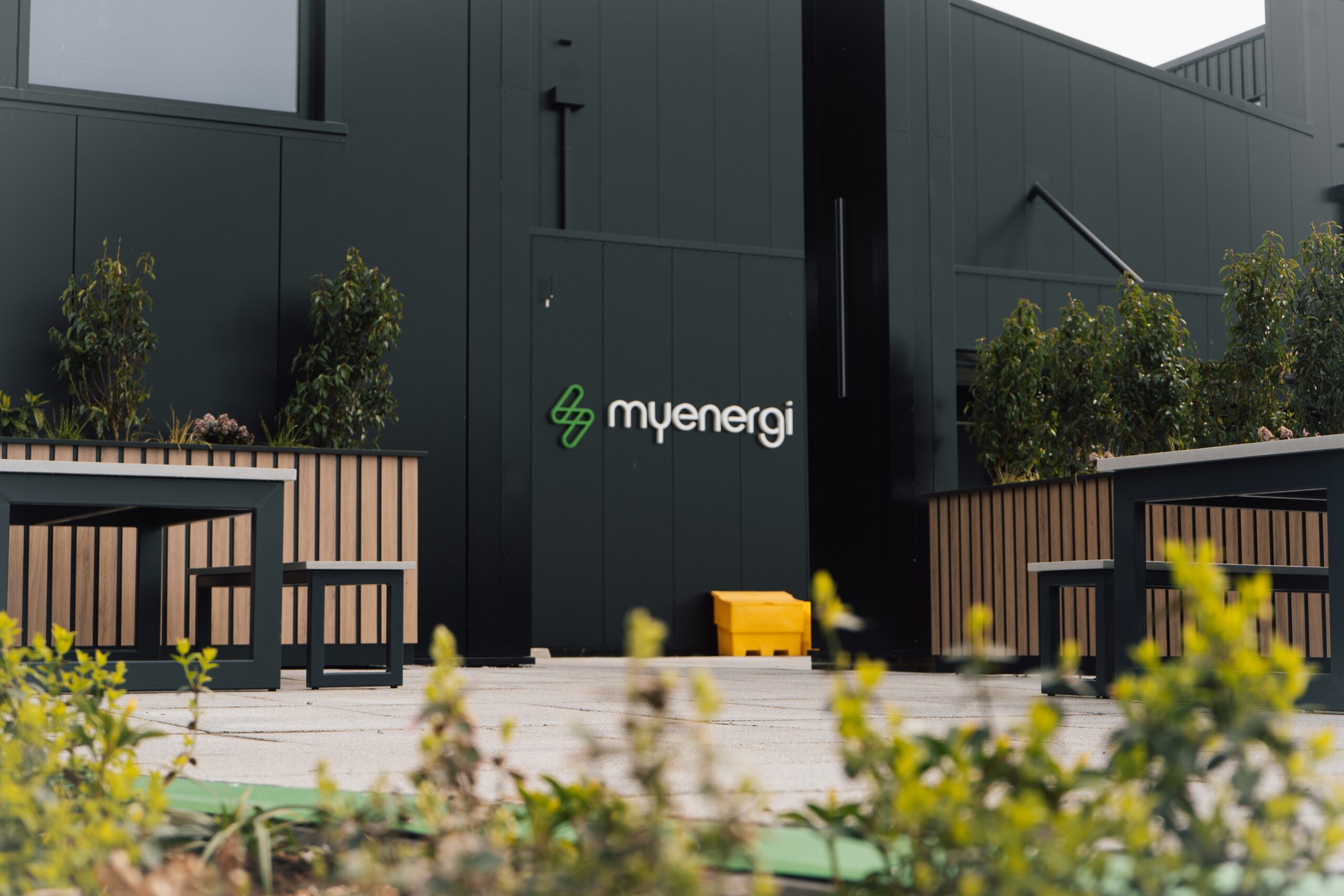Greenland Glacier, Racing, Melting Ice Caps… What’s it all about?
Let’s put things into perspective, the term ‘melting ice caps’ gets an average of 2400 google searches a month whilst ‘Greenland ice caps’ gets 90 searches per month. By comparison, popular TV shows ‘Love Island’ gets 201,000 searches per month and ‘Gogglebox’ 110,000 searches per month.
Though, we get it… you’ve had a busy week at work and now the kids are off school, and so starts that great juggling act between your job and then being head chef, cleaner, taxi driver, events planner, and children’s entertainer, the list goes on! Quite frankly, ‘you’ve got 99 problems but the Greenland glacier ain’t one’…
Very few people even get to see the glacier’s in their lifetime and in the 28 days standard holiday in a year, Greenland and the Arctic regions isn’t usually as high on the list of travel destinations for the average holiday maker. Ironically, we tend to want to head for the heat, especially somewhere with beautiful hotels, sandy beaches, and a swimming pool. Oh! and we also begin to appreciate aircon when lounging in the heat all day!
By now you’ve probably guessed by the mildly witty tone of voice and limited choice of vocabulary, this article hasn’t been written by an Oxford based expert scientist who specialises in the effects of global warming but instead a writer, equally trying to make sense of and articulate these important issues in the most relatable fashion. So here goes… why an Extreme racing series in Greenland?
The earths aircon system is failing!
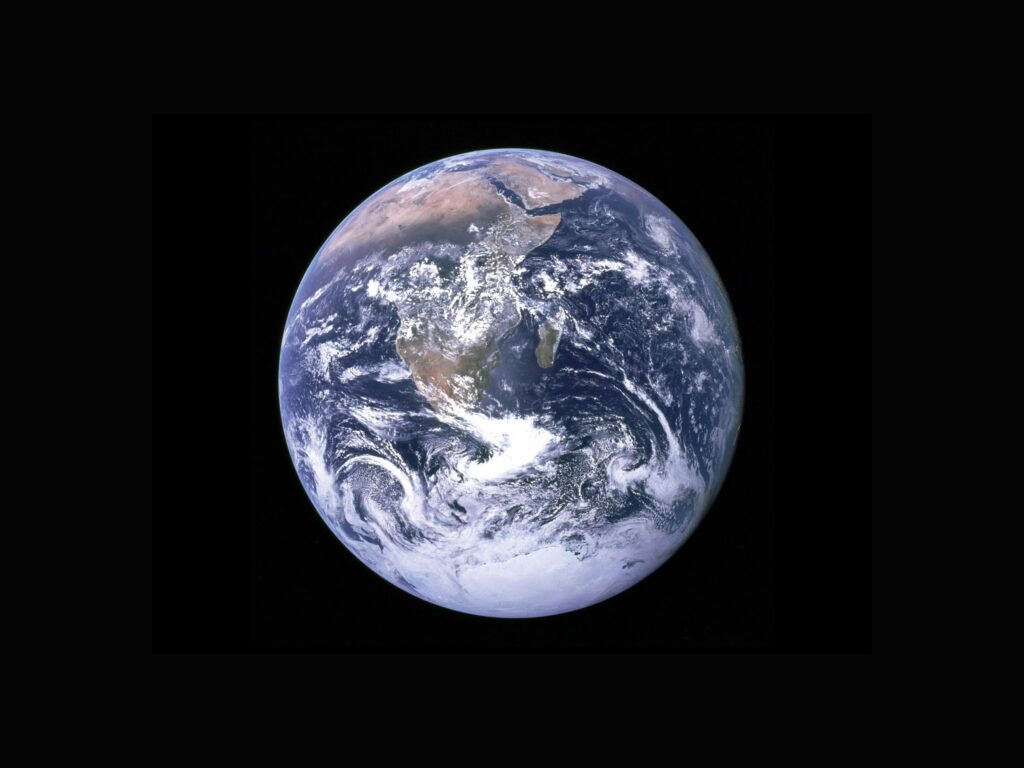
Think of the arctic ice caps and Greenland glacier as earths giant air conditioning system, helping to regulate the global temperature. Now imagine that blast of cool air when you walk into a cool hotel lobby during an extremely hot muggy day. It’s quite a nice feeling right! That’s exactly how the earths eco system feels when the polar ice caps reflect some of those intense sun rays back into space. This regulation keeps our natural habitats happy and working at the right temperatures, which are vital to support all forms of life on earth.
Okay, now imagine that extremely hot and muggy day and you walk into that hotel lobby expecting to be hit with a blast of cool air, only to find the hotels aircon systems are not working! You suddenly realise you are in for an uncomfortable and restless night’s sleep. Now imagine this scenario on a super-giant scale, only the aircon will never be turned on again. That everlasting stuffy feeling of being uncomfortably hot and trapped with no air, it’s simply un survivable! To put the cherry on top, in some areas of the world, the heating has been ramped up so much so, the area is so dry and thus susceptible to wildfires, which can spread for miles killing off everything in sight.
Our aircon system is ageing, and unfortunately, we haven’t looked after and maintained this system properly over the decades gone by. We can’t simply buy a replacement either, the manufacturer stopped making planet earth systems 4.543 billion years ago and the closest similar products are millions of light years away!
However, it’s never too late for us to start to give it some tender loving care and at least try to make this system last for decades upon decades to come. If we neglect this system now and don’t maintain it going forward, it simply won’t last very long!
The oceans complex thermostat is also faulty!
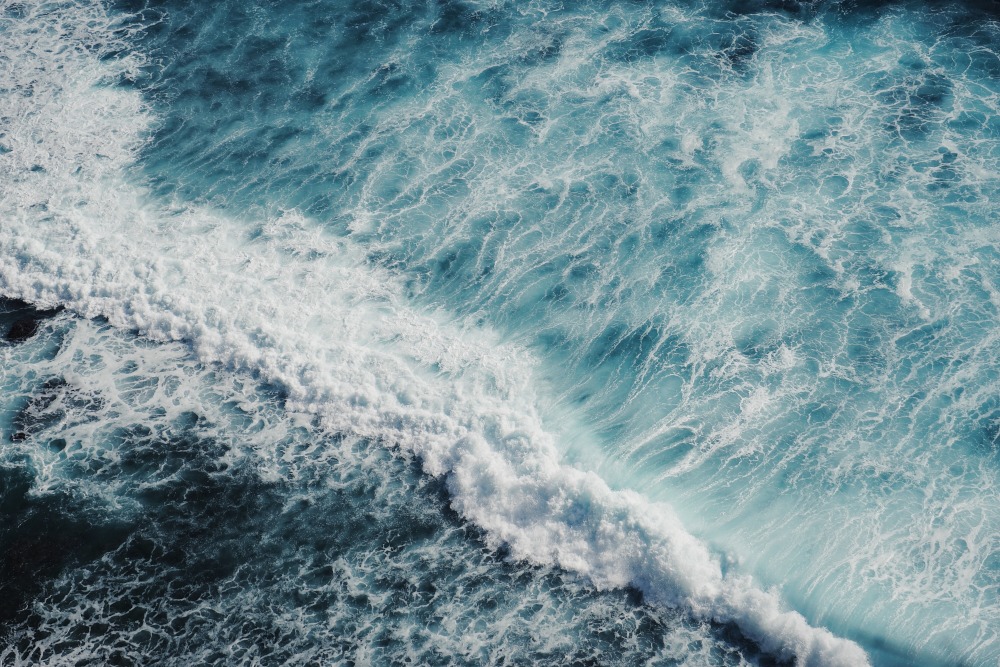
Okay, so you can’t rely on the aircon system to cool you down, so instead you jump into the swimming pool to cool off, only to find the pool is as warm as a bath! You heard it, the earths aircon is failing but as a result, the oceans complex thermostat system is in overdrive, which is responsible for the flow and circulation of cold and warmer water throughout the world’s oceans. We can’t turn this super-sized thermostat down and it’s beginning to heat the cooler waters, which in turn is making the warmer waters even hotter. This is causing havoc amongst the huge number of species in our world’s oceans that have adapted and become climatized to certain temperatures over thousands / millions of years. Species of fish are disappearing at rapid rates which has a huge knock-on effect to the food chains of other species and thats the smaller of the problems!
Have you ever put ice cubes in warm coca cola? They don’t last very long do they! Eventually, that tasty fizzy cola becomes watery and flavourless due to the ice cubes melting so quickly. Leave the drink on the side for a short while and come back to it and you have an overflowing watery mess. It’s far better for the cola to be at a cool temperature to start with and then ice cubes last longer, in turn keep the cola at a nice temperature. It’s that balancing act between cooler and milder temperatures.
Scale this minutely small scenario up and think about the earth’s ice caps surrounded by warm water. The earths equivalent to ice cubes are melting at rapid rates and unfortunately, we are on course to that same ‘overflowing watery mess’. This excess water will spill over and cover large swathes of land wiping out all the trees, wildlife and pretty much anything which made these areas their home.
Cities such as London, Shanghai, New Orleans, Sydney and Singapore would become swamps if we let the entirety if Greelands ice melt away.
So, what can we do about it?
One thing scientists are certain on is that we can slow this process right down and at very least buy more time whilst we figure out how to deal with the wider complex issues i.e. building more sea wall infrastructure, the evacuation of vulnerable areas, ultimately whatever it takes to saves lives and precious habitats.
The greatest problem is not necessarily the lack of awareness. The majority of people have heard the terms global warming and have a basic understanding that the ice caps are melting. A problem is that this is about as far as the knowledge goes for most people. The greatest challenge is perhaps more about encouraging people to have a vested interest in the subject of global warming and climate change around their own busy lives. These climate changes haven’t yet drastically changed life as we know it for the average human being, the lawn still needs mowing, the taps still run, the local shop are always stocked with beer, Just Eat still delivers the food we crave. Okay, COVID19 has given us a glimpse of how nature can change our way of life at the drop of a hat but despite this, life is very much ‘as you were’.
However, its not yet affecting us too drastically for it to be at the forefront of conversation over a pint of ale down at the pub. It’s indeed the most remote places in the world that are most affected, the places Just Eat almost certainly don’t deliver to! Places that don’t even enter our consciousness because they are so far away from what we know in our everyday lives. Although, these are the exact places that hold such importance to the makeup of the world that we all rely upon for water, food and breathable air and obviously without these absolute basics we simply don’t exist.
This is where Extreme E as a concept comes in…
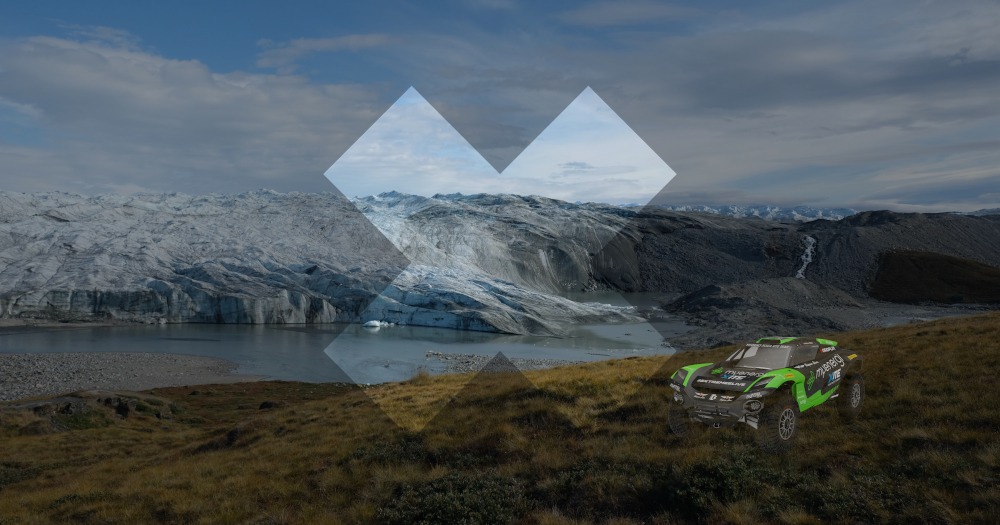
Extreme E has recognised that a top professors 50 page research analysis on Greenland and the effects of global warming, though vitally important, just isn’t cutting it on its own as far as drawing genuine interest from the masses. In order to bridge that gap between such a body of research and presenting it effectively to the mainstream, Extreme E realised that they could be that voice and outlet to convey the evidence and the facts about global warming, through the innovation of technology and of course good old high intensity racing series! Racing cars on a glacier just seems to be hitting the right notes across social media and is doing its job in terms of gathering a wider interest in the underlying message of climate change.
Many asked, is it a good idea to bring lots of people to an area already delicate and feeling the effects of climate change? Well ultimately, they don’t. Most of the operation is conducted from a single ship, the St Helena and the event itself hasn’t opened up to live audiences for that exact reason. Extreme E have strictly adopted the ‘take nothing but pictures and leave nothing but footprints’ ethos behind its operation.
However, Extreme E, its drivers and partners go one further and actively seek to leave a positive legacy in the areas they visit, from implementing renewable infrastructure to mass beach cleans. Known as the Legacy Programme, it consists of a panel leading academics from The Universities of Oxford and Cambridge which makes up the Scientific Committee. This committee has been tasked with driving the racing series’ overall climate advice and practice initiatives.
myenergi set to leave a lasting legacy after Arctic X Prix
myenergi, pioneer of the world’s first eco-smart EV charging device, is leading a project to leave a lasting legacy when the Extreme E championship descends on Greenland later this month (Arctic X Prix, 28-29 August). The company, which sponsors the XITE ENERGY RACING team, is working with organisers to transform the energy supply at a local school.
As part of the project, myenergi will install a ground-mounted solar array, battery storage system and eddi micro-generation diversion device. Wirelessly connected via a myenergi harvi, the set-up will collectively provide the school with free renewable energy and hot water – a completely carbon neutral utility solution.
In addition, myenergi will fit a zappi wallbox, allowing staff with electric vehicles to top-up their batteries during the day. The project, which aims to act as a showcase of renewable connectivity, is part of the championship’s commitment to making a positive difference at each race location.
Jordan Brompton, co-founder and CMO of myenergi, commented: “The Extreme E championship combines world-class motorsport with environmental activism to raise awareness of global warming and the climate emergency. As principal sponsor of XITE ENERGY RACING, we’re committed to taking sustainability to the masses and helping to inspire widespread behavioural change.
“While being involved in the championship has provided an unparalleled platform to share our vision, we knew that there was more we could offer. Renowned for our eco-smart home energy technologies, having the opportunity to transform a local school into a hub for renewable energy demonstrates what the future could – and should – look like.
“Thanks to state-of-the-art renewable technologies, the school can now operate completely off-grid – zero carbon, zero reliance on mains supply, zero utility costs. It demonstrates precisely why embracing green energy is such an important part of the global energy transition.”
Did you know Donald Trump wanted to buy Greenland!
To end this article, Donald Trump once attempting to buy Greenland with the intention of sapping the lands of it’s undiscovered oil reserves for which it is estimated that 13% of the world’s undiscovered oil and 30% of its undiscovered gas lies under the Arctic region.
Food for thought… Greenland see’s 24hr’s of sunlight during the summer months, known as ‘the midnight sun’. Solar panels actually work at their optimum efficiency in colder weather and clearer sky’s. Greenland is the largest island in the world!
Imagine super sized solar fields generating masses of energy… the worlds super sized battery charger!

